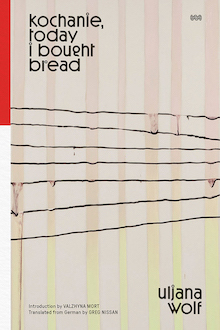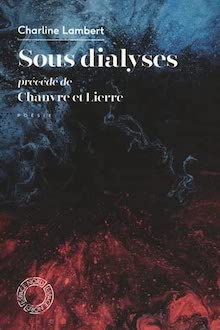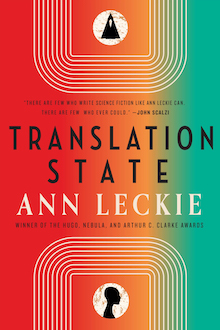Translating Makenzy Orcel’s The Immortals by Candlelight
by Nathan H. Dize
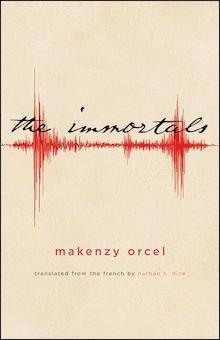
The January 12, 2010 earthquake that struck Port-au-Prince is, in recent memory, the most poignant example of how Haiti and Haitian stories are mishandled, trotted out on the news, and exploited for the gain of anyone but Haitians themselves. Translating Haitian stories requires an acknowledgement of these conditions because they are the forces the translator must routinely seek to counter… READ MORE
Summer 2024 Reading Preview
by the Hopscotch Editors

With spring in the air, it’s time to start preparing for summer reading! To that end, three of the Hopscotch editors share some of their plans… READ MORE
Privilege, Authority, and the Authorial Self in Jhumpa Lahiri’s Self-Translations
by Stiliana Milkova Rousseva
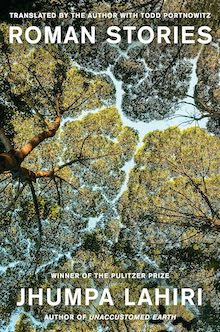
Lahiri’s metanarrative inclination manifests itself again, asking us to consider whether we are not reading a film script, or to underscore Rome’s ubiquitous cinematic and literary representation. This resounding motif of Rome as the steps where diverse lives, languages, and identities intersect – the city as contact zone – echoes the works of other contemporary exophonic writers in Italian such as the Algerian political refugee Amara Lakhous… READ MORE
Translators take over the novel: Review of The Extinction of Irena Rey by Jennifer Croft
by Kasia Szymanska
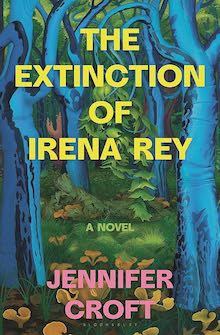
No longer presented like a dropdown list of languages powering Google Translate, the translators can now reveal their true names and also true colours. And as we learn these new names, we also start seeing their completely different personalities, backstories, opinions and erotic desires, as well as their inconsistencies and lies. This little trick shifts the entire reading perspective and is also quite symptomatic of Croft’s overall strategy in The Extinction of Irena Rey. What I feel Croft’s novel does skilfully is to smuggle quite serious and in-depth reflections on the nature of translation into a seemingly lightweight page-turner disguised as a farcical comedy of errors… READ MORE
Now More Roads Lead to France: Review of Adlestrop & autres poèmes d’un temps de guerre by Edward Thomas, translated into French by Sarah Montin
by Samuel E. Martin
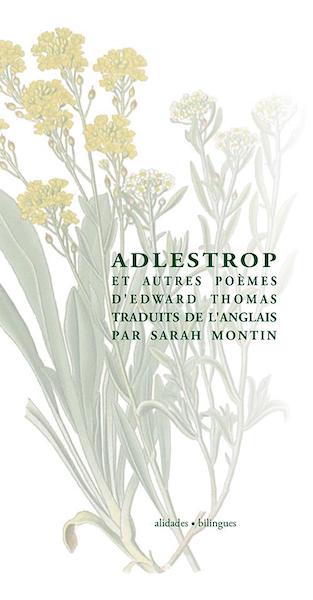
As a translator, Sarah Montin cannot not make choices – every word is a road taken at the expense of all others – and her deft handling of this opening stanza hints at the approach she will pursue throughout the volume. Despite French having a narrower range of phonemes than English, Montin resists the temptation to meddle with Thomas’s line breaks solely for the sake of rhyme, preferring instead to mirror as closely as possible the shape of the phrase across the stanza… READ MORE
Translating Home: Review of A Cha Chaan Teng That Does Not Exist by Derek Chung, translated by May Huang
by Jenna Tang
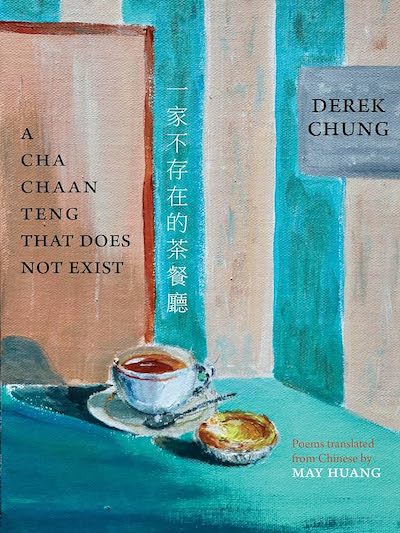
Regardless of the size of the city, things and people transform over time. The experiences of migration produce alienation, that faltering emotion which questions our familiarity with the present, the past, and the days to come. As one migrates, homecoming means looking back – having a part of us dwell in the past but at the same time, immersing ourselves in the present in a new way… READ MORE
The Absent Neighbor: On Critical Mexican Studies and the Translation of Mexican Criticism and Thought
by Ignacio M. Sánchez Prado
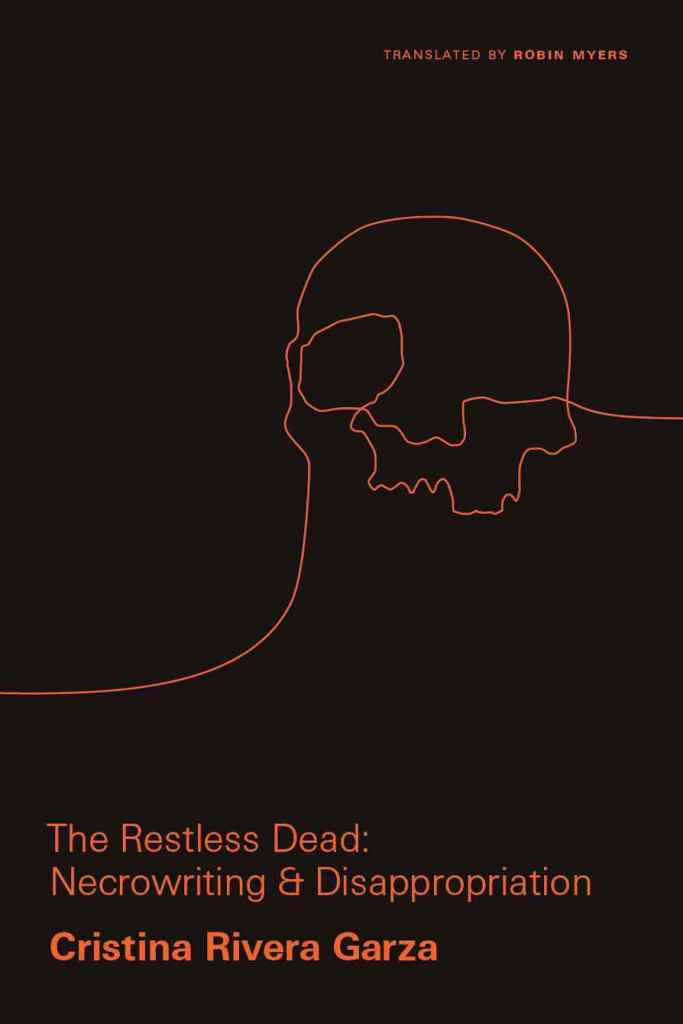
In her introduction to The Restless Dead, Cristina Rivera Garza characterizes her essays as being “among the voices in a conversation that no contemporary writer can afford to ignore” […] And yet, the full power of this conversation is muffled because the multilingual character of the interventions into the question of writing in the present is unmatched by the uneven and spotty landscape of translations of such texts… READ MORE
Tongues upon Tongues: Review of Glossolalia by Marlon Hacla, translated by Kristine Ong Muslim
by Amanda L. Andrei
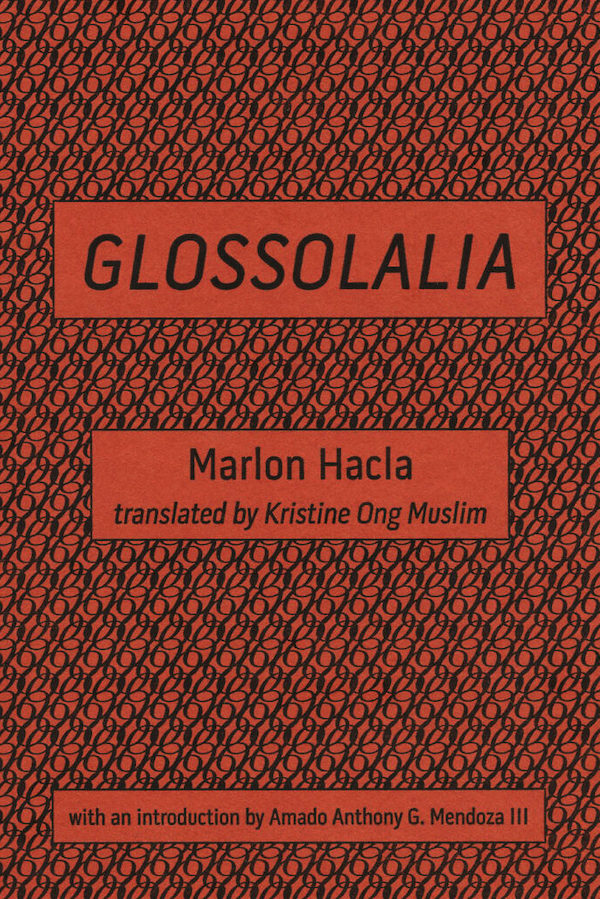
This moment is one of many where the translator has given the English-language readers a subtle, powerful turn in her rendering of the Filipino. “Saan ka pupunta?” the source poem asks, which could easily be expressed as “Where are you going?” Muslim’s choice to give us the word “headed” cleverly echoes the horns on the multiple versions of self, gives a body to the verb, and in relation to the other sentences, makes the question even more unsettling… READ MORE
Translating Constraint
Translators Chris Clarke, Eugene Ostashevsky, and Emma Ramadan in conversation with C. Francis Fisher

When you translate a poem, especially if it has formal qualities, you have to make choices, and you have to lean in one direction or the other. Do you go after the rhyme? Do you go after the rhythm? Do you go after the meaning? You try to do all three, but you’ll never quite manage. And any time you make one choice, you lean away from another. I think of it as if you’re tied to the meaning, but the constraint interferes and exerts pressure against you… READ MORE
The White Tower and the Black Box of AI: ChatGPT Advises a Translator
by Peter Constantine

ChatGPT: Apologies for the confusion. Indeed, Victoria Hislop is an English author who writes in English. Therefore, a Modern Greek novel that could greatly benefit from translation into English is Ο Λευκός Πύργος by Takis Theodoropoulos, published in 2013. Set against the backdrop of Thessaloniki’s iconic White Tower, the novel intricately weaves together the stories of several characters across different time periods, ranging from Byzantine history to the present day… READ MORE

